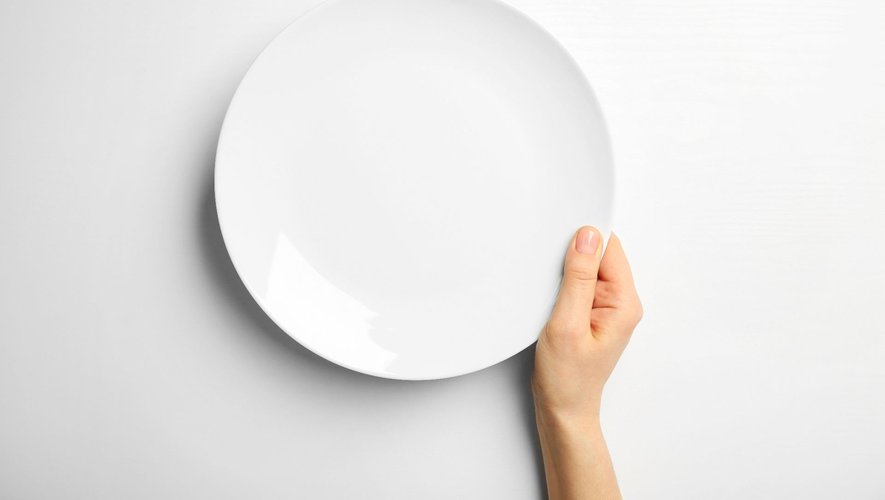Four Colombian children survived 40 days in the Amazon jungle after their plane crashed. For many observers, this is a “miracle”. But how long can we really live without food?
Their names are Lesly, Soleiny, Tien Noriel and Cristin, they are 13, 9, 5 and 1 years old respectively, and their survival is a “miracle”. These siblings, from the indigenous Uitoto people, spent 40 days in the Amazon jungle after their plane crashed; their mother is deceased.
It is thanks to the eldest child’s knowledge of the jungle – fruits, plants and edible roots, fresh water from streams – that the siblings, currently hospitalized, find themselves in a “acceptable clinical condition”in the words of doctor and major general Carlos Rincón Arango, quoted in the newspaper El Colombiano. The children were also able to feed themselves thanks to the survival kits dropped by the Colombian army above the search area.
Glucose first
This very particular scenario prompts us to ask ourselves the question: how long is the human body able to last without any food intake? And water? This question has already been the subject of numerous studies, without it being definitively settled. Because many factors come into play, starting with the constitution of the person concerned.
Thus, it will survive all the longer as its fat reserve is important: a British study published in 2008 in the journal Nutrition Newsletter concluded, for example, that “women seem able to withstand starvation at much lower BMI values than men. This may be due in part to the greater amount of adipose tissue in women and the preferential use of fat rather than lean tissue for fuel during starvation.”
But before using fat, the body starts with glucose : “the first phase, usually quite short, is characterized by the consumption of sugar reserves (glycogen), small reserves and intended to meet occasional energy needs”, writes the Belgian Federation of Medical Homes in an article devoted to people engaging in a hunger strike. These first days are generally well supported by the body.
3 days without drinking, no more
The second phase corresponds to “the consumption of fats (lipids); its duration is very variable and depends on the total fat mass: it will therefore be potentially long in the obese, much shorter in the lean strikers at the start”. The first physical symptoms are triggered from about the tenth day: “hypotension with dizziness especially when standing (forcing to lie down), bradycardia (slow heart), decreased activity, ability to concentrate and think, extreme fatigue, muscle pain, decrease in body temperature, hiccups, abdominal cramps, insomnia, headaches”. This stage lasts until the 30e day approx.
Last phase: when the stock of fats is exhausted, the consumption of proteins starts… and the body enters a danger zone, which can be fatal. Some deaths are recorded from the 40e day without eating. Of course, if the body “holds out” for so long, it is because it is properly hydrated. It is generally considered that it is impossible to survive more than three days without drinking: urine, perspiration and breathing consume two liters of water a day…
To note : Regarding the four Colombian children, pediatrician Juan Pablo González explained in El Colombiano that, in general, “Children have a great capacity for resistance, which in pediatrics we call adaptability. They have a greater capacity for adaptation because they can last several days without water and several weeks without food.”

